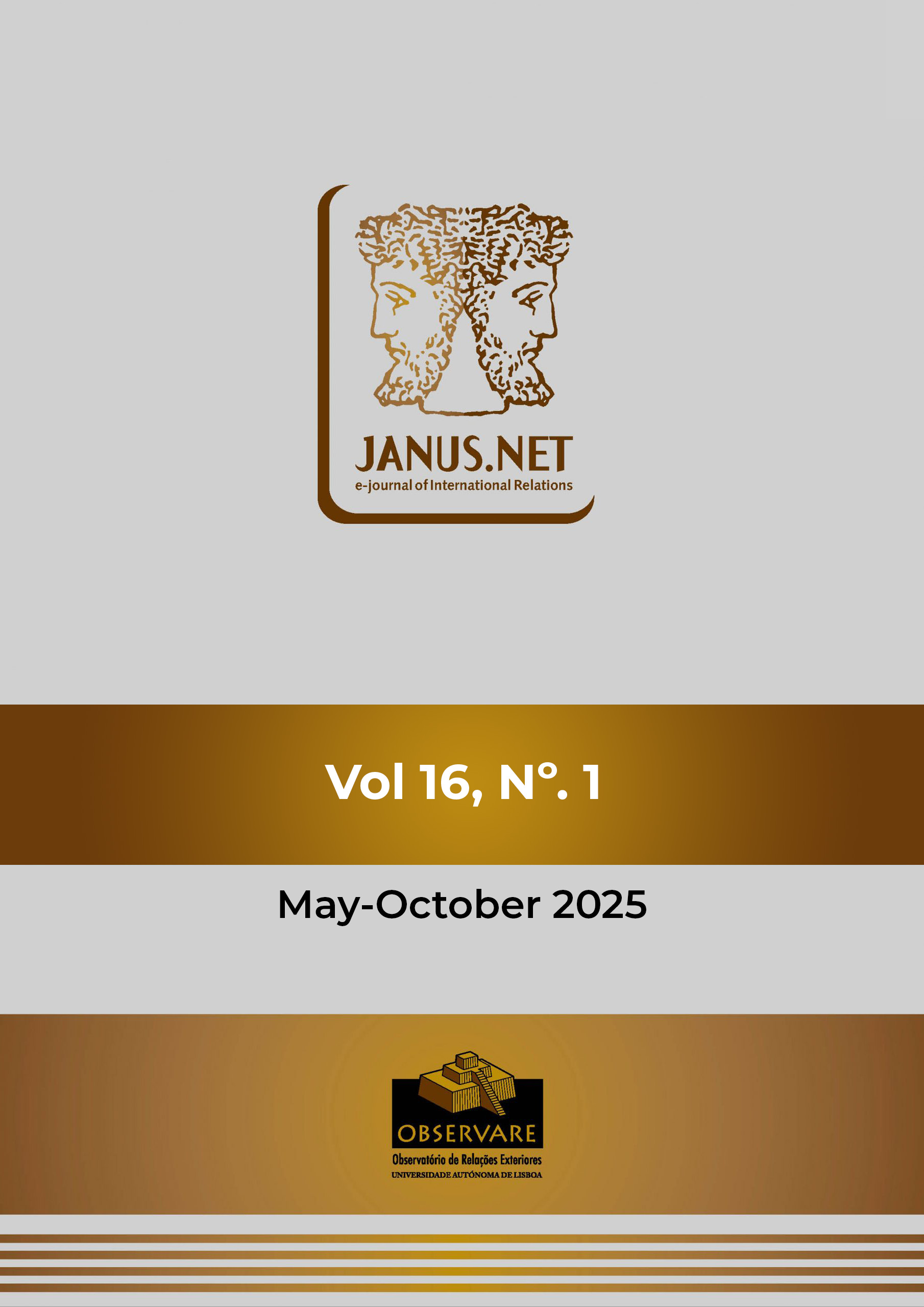THE ENVIRONMENT AND THE ECONOMY OF CO-OPERATION IN THE TRIPLE AMAZON FRONTIER. THE CASE OF THE TIKUNA PEOPLE IN BRAZIL, COLOMBIA AND PERU
DOI:
https://doi.org/10.26619/1647-7251.16.1.21Keywords:
Tikuna peoples, Amazonia, economy of cooperation, environmental preservation, Triple FrontierAbstract
The article summarises an ongoing study of indigenous tribes in Amazonia and how they overcome challenges that include environmental preservation and community sustainability. The problem formulated aims to understand the socio-environmental and cultural impacts emerging from the Tikunas' so-called “economy of cooperation” and global economic flows on the Brazil-Colombia-Peru border. It looks at how this relationship generates conflicts and adaptations, but also reconfigures territories in the midst of forest preservation. The aim is to analyse the interception between the ‘economy of cooperation’ and economic exploitation that takes place on the triple frontier of the Amazonia (Brazil-Colombia-Peru). This reconfigures socio-environmental and cultural dynamics, determining the mechanisms of adaptation, resistance and conflict in the face of international pressures that affect territorial governance. The research, which is exploratory in nature, follows a multidisciplinary approach that combines perspectives from international relations, ecology and economics, valuing an indigenous epistemology. A bibliographical research and field study were carried out using the qualitative method. In order to analyse the interaction between environmental preservation, Tikuna lifestyles and local economic needs, techniques such as surveys and field studies were carried out. The initial results favour an understanding of the conflicts between economic expansion and management of the Amazon rainforest within the complexities inherent in the sustainable management of preservation lands, respecting indigenous cultures and regional economic challenges.


